The new tax year kicks off on 6 April. Vicki Bracey, Product Owner at Mettle has put together some helpful tips on what you need to know to get tax ready.
When it comes to working in construction – whether you own your own business, are self-employed as a contractor or as a subcontractor – there are some nuances to your tax returns you need to know about.
This blog offers guidance on getting your books in order ahead of the new tax year to help make submitting much easier.
This blog will look at:
Contracting vs subcontracting tax implications
How to get your records in order
Making Tax Digital (MTD) and VAT
Finding time to focus
Where to find help
Contracting vs subcontracting tax
As someone working within the construction industry as either a contractor or subcontractor, you'll need to consider the Construction Industry Scheme (CIS).
CIS is a scheme that HMRC has set up to collect contributions towards tax and national insurance from subcontractors in the construction industry. It applies if your business is based in the UK or does construction work in the UK. There are more details on who needs to register and exceptions for certain jobs on the HMRC website.
As a contractor, you must register for the scheme because you are required to take deductions from subcontractors. Subcontractors don’t have to register, but deductions are taken from your payments at a higher rate if you're not. Tax Aid has more information.
For subcontractors, you need to make sure that when you submit your Self Assessment or corporation tax return you reflect the CIS deductions correctly.
Get your records in order
As the 2021/22 tax year ends, now is the time to get all your records in order for the year. It’s easier to take time to review and check your records are up to date while it’s still fresh in your mind.
You’ll need to keep a record of any incomings and outgoings for your business. You should also keep a copy of any bank statements and record any payments into or out of the business, whether that’s to you or your employees. And because you need to keep the records for at least five years, we suggest you find a solution that’s easy to access like FreeAgent – this award-winning accounting software is included with your Mettle account*.
As a small business, you can also take this opportunity to follow up on any outstanding invoices that haven’t been paid or are overdue.
As a limited company, your accounting period might be different to the tax year but you should start thinking about your personal tax return and storing any records of salary or dividends you have been paid as a director.
Use a separate bank account for your business
A separate business account can make it much easier at the end of the year to identify the income and expenses specific to your business. Some accounts also allow you to store your receipts and invoices digitally, making it easy to find them when you complete your tax return at the end of the year.
Find time to focus
With the tax return for 2021/22 opening from 6 April, make sure you set time aside to focus and complete your return accurately. It’s less stressful and you are less likely to make mistakes if you have plenty of time!
Ask for help if you need it
To make sure you don’t pay too much tax, check what allowances you can use and what you can claim as expenses. HMRC has lots of online articles which will help you understand the rules which apply to you and your business.
If you need more support, you can also get help from an accountant. Finding a good accountant will help avoid mistakes and they may find opportunities for you to save money on your tax return.
*To get FreeAgent included, all you have to do is make at least one transaction a month from your Mettle account. If you don’t make one transaction a month, or if your Mettle account is closed and you continue to use FreeAgent then the FreeAgent fees will apply.


